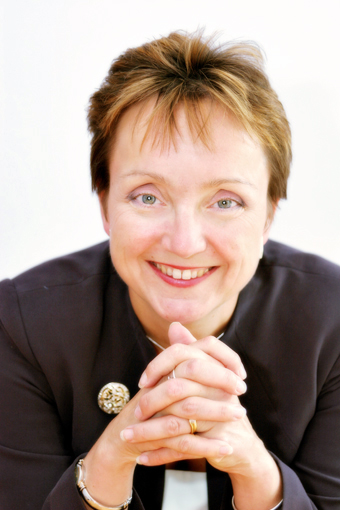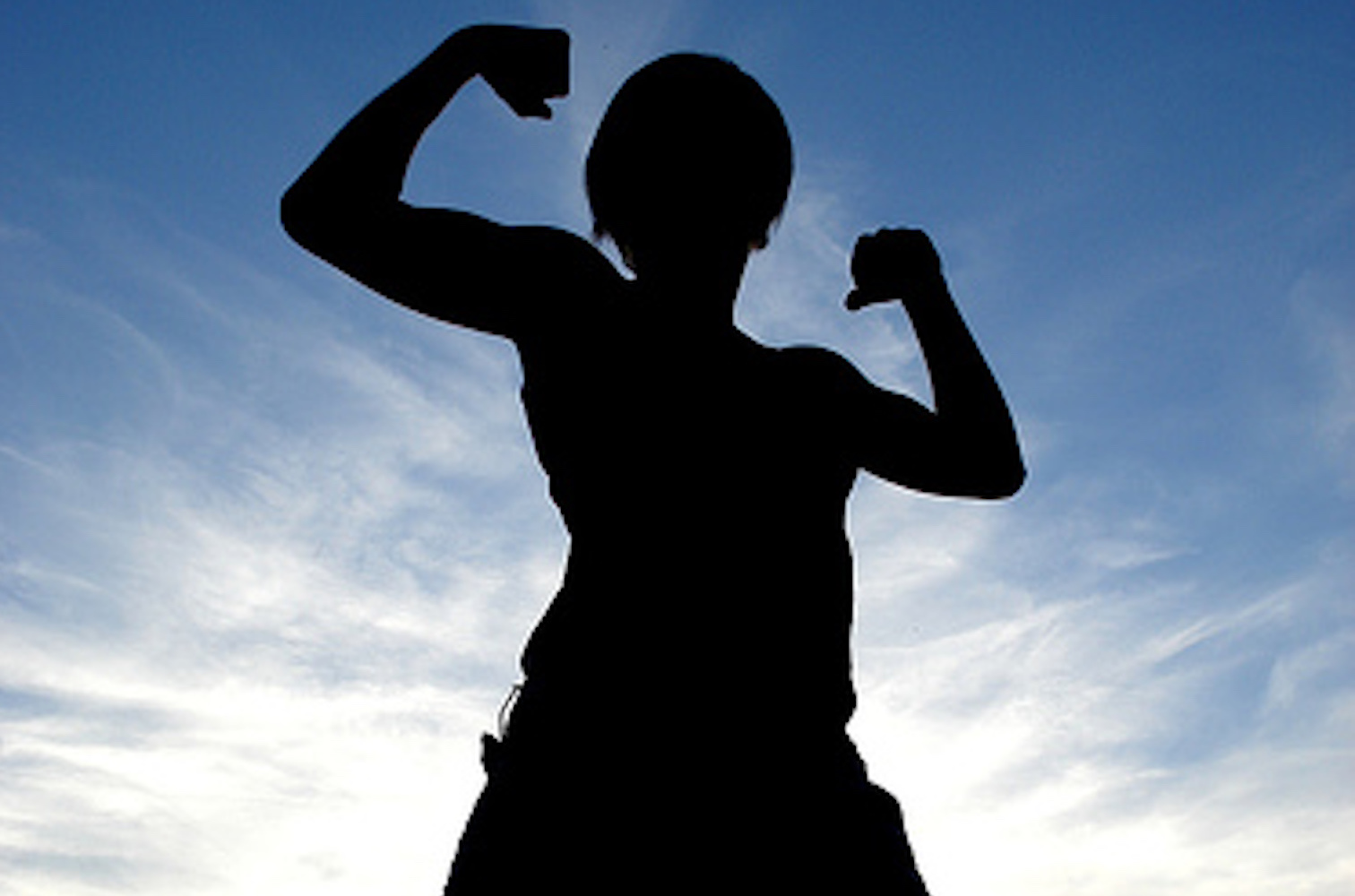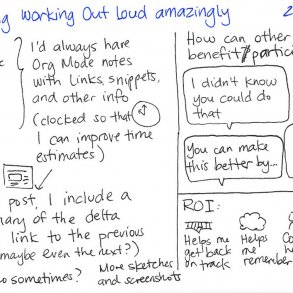By Alyse Ashton for Enlivening Edge Magazine
In my early twenties, I went to work wearing a smart new business outfit. At a meeting with the Head of Sales, he said: “New outfit? Stand up and give me a twirl”. Not a significant issue, I hear you say. After all, no inappropriate contact went on.
And yet, I froze. It felt like I had little option but to “twirl”. And in that moment I felt embarrassed, maybe even ashamed. I wasn’t able to notice how I felt, hold my sense of self, and access my power … maybe even simply say “Thanks for the compliment” and stay sitting.
I felt alone. I had no network with which to share stories like this and receive support. I could not even conceive of a community of practice committed to making the kinds of social and systemic changes that would stop this man’s comment cold.
I was silent. Why was that?
Maybe because I had learned to be a good girl—to be obedient.
Now, my husband and others would guffaw at the contrast with the strong-minded, vocal, independent woman they see. And yet it’s still hard to catch those moments and respond rather than react. It’s hard to stay centred, check in with myself, and find a way to assert my place and my right to simply say “No….” without aggression and a sense of accusation.
For years we’ve been silent. Why is that?
I think there’s a subtle (or is it not so subtle?) game going on.
When you feel like you are a victim and you open your mouth to name the act and persecutor, the roles get switched. You can easily be cast as the persecutor. So you say nothing. Maybe in search of some strange way of protecting yourself.
And, by the way, I don’t think this is gender specific—anyone can be both a persecutor and a victim.
So how do we bring about social change?
We can begin by creating robust and self-organised networks for sharing our experiences and stories, empowering each other and discussing ways to catch ourselves in the moment. So that we know that it’s more than OK to say No. And so we learn how to do it well.
I cheered when my teenage daughter shared her response to someone who had questioned her choice in clothing. She said: “Really? Last time I checked it was my body”. Go Girl! That’s the kind of empowered response I’d like to see more of.
Such networks can help young women and girls step into their power. In turn, these networks can grow into communities of practice that intentionally serve the needs of society and create new social norms.
I feel deeply we have a responsibility to help our young women and girls step into their power through networks and communities of practice. What about you?
What are you willing to do to help young women stand strong?
 Alyse is a renowned, accredited coach and facilitator who works with leadership talent across the world. She has over 25 years’ experience in developing and coaching senior individuals and teams to create step changes for themselves and their businesses. Her mission is to enable people to thrive in organisations – finding ways to integrate masculine and feminine so that both men and women can become fully themselves and bring of their best. www.eye2eyedev.com
Alyse is a renowned, accredited coach and facilitator who works with leadership talent across the world. She has over 25 years’ experience in developing and coaching senior individuals and teams to create step changes for themselves and their businesses. Her mission is to enable people to thrive in organisations – finding ways to integrate masculine and feminine so that both men and women can become fully themselves and bring of their best. www.eye2eyedev.com




